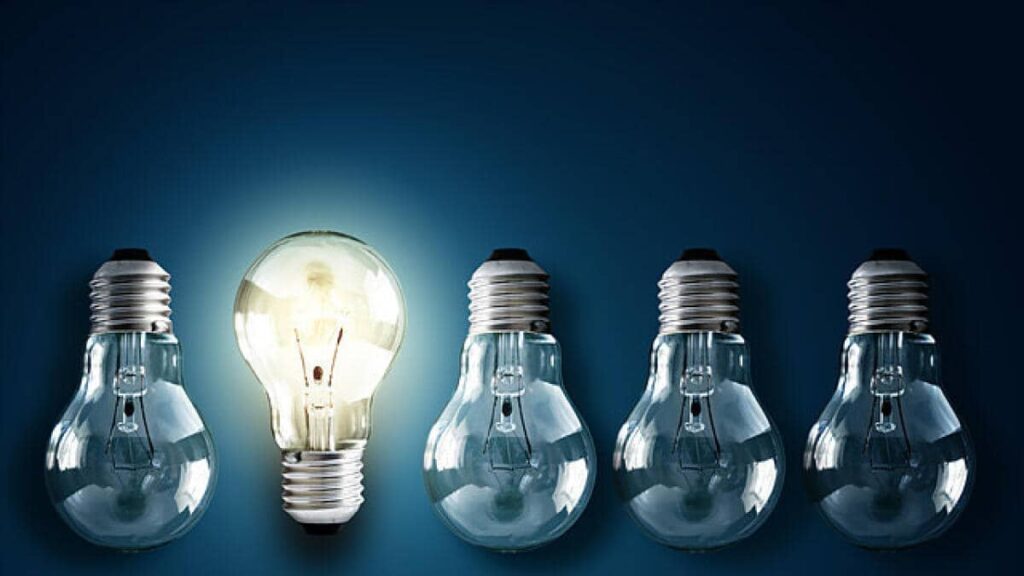Trying to save money on your electricity bill this summer? You have options for keeping your bill from burning a hole in your pocket.
But it’s not only about saving money; irrational appliance use can have a significant detrimental impact on the environment. So, if you want to be more conscious about how you use power and water while simultaneously lowering your bill, here is your guide to controlling your utility connections during the summer.
1. Don’t use non-essential appliances from 12 pm to 6 pm
With the sun beating down for most of the day, the Dubai Electricity and Water Authority (Dewa) advises households to avoid using non-essential appliances between the hours of 12 p.m. and 6 p.m., as these are the ‘peak load’ hours.
Dewa is urging homeowners to plan the usage of appliances such as water heaters, electric stoves, washing machines, dishwashers, and irons for the morning or evening as part of its awareness campaign. While this may not necessarily lower your electricity cost, it will assist ensure that additional fuel is not used to generate more energy during peak load hours.
2. Set your AC to 24°C
Set your thermostat to 24°C and, if your air conditioner allows it, set it to ‘automatic mode’ so that it shuts off and resumes at regular intervals. If you’ve recently moved into your home, you might be tempted to decrease the temperature down below 24°C, but it’s preferable to give the cooling system some time to adjust the temperature to an ideal 24°C. Also, keep in mind that lowering the temperature by one degree Celsius increases your AC demand by 5%.
3. AC older than 10 years? Consider replacing it
According to Dewa, an AC’s optimal lifetime is ten years, therefore consider replacing it with a new energy-efficient AC if possible. Choose an air conditioner with a four- or five-star rating from the Emirates Authority for Standardisation and Metrology when shopping for a new one (ESMA). According to Dewa, this can help you save up to 25% on your cooling costs.
4. Get a ceiling or pedestal fan
Installing a fan, which uses about the same amount of electricity as a light bulb, can help you save money on your air conditioning bill. Air fans circulate to help you cool down faster and keep your room cool throughout the day.
5. Clean your AC filters
Airflow can be obstructed by clogged or unclean AC filters. Cleaning your AC filters on a regular basis, ideally once a month during the summer, is advised.
6. Use curtains or drapes
They help to minimize the amount of heat that enters the room through the glass or windows, keeping the room colder and lessening the burden on the air conditioner.
7. Apply weather stripping and caulking
To seal or fill gaps around doors and windows, weather stripping and caulking are utilized. To retain the cooled air inside your house and prevent hot air from entering, purchase a weather stripping foam barrier from a hardware store or order one online.
8. Don’t use a hot water setting when washing clothes
Reduce the temperature of your washing machine to just warm if you normally use the hot water setting. Making this easy alteration, according to Dewa, will reduce your use by 50%. Also, if you’re washing darker-colored items, Dewa recommends doing so in cold water to preserve their color and save energy consumption.
9. Buy an iron that automatically switches off
If you forget to turn off your iron, consider purchasing one with an auto switch-off feature. Also, if you don’t have a steam iron, spritz your garments with water. This makes it easier to remove any creases and eliminates the need to use the iron for long periods of time.
If you’re following all of these energy-saving tips and still have a high bill, you may use Dewa‘s ‘Consumption Assessment Tool,’ which can help you track your home’s electricity consumption and make more sustainable decisions.
